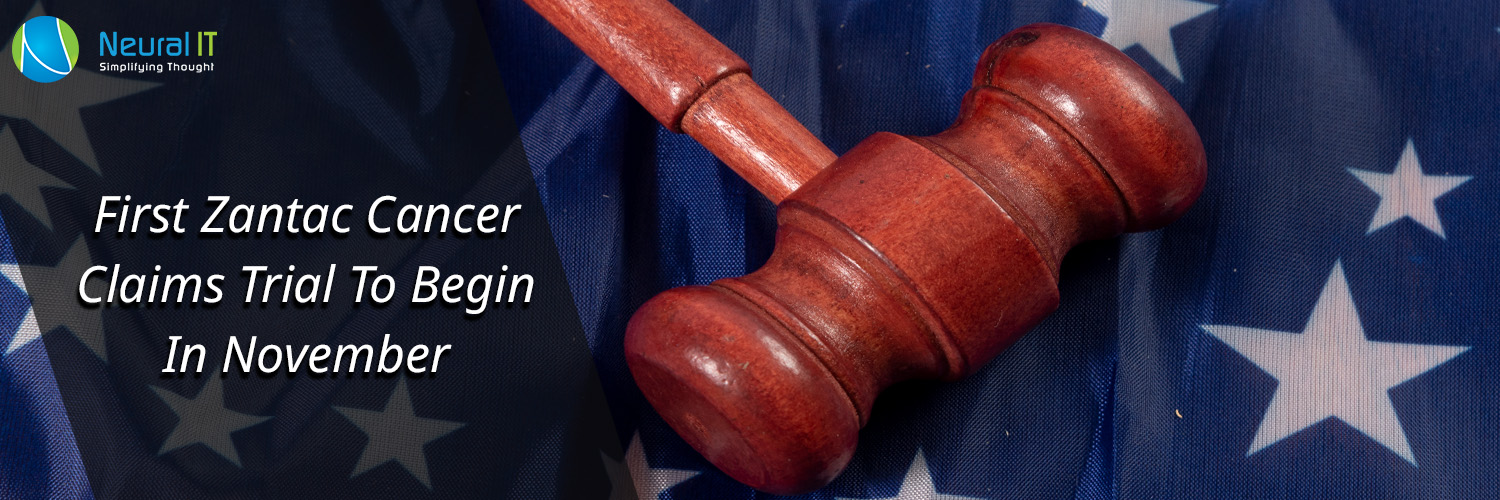First Zantac Cancer Claims Trial To Begin In November
First Zantac Cancer Claims Trial To Begin In November

Introduction
A lawyer for the plaintiffs in the lawsuit said the first U.S. trial over allegations that the heartburn medication Zantac, which has since been withdrawn, causes cancer will now happen in California state court on November 13.
Nine different cancers, including colon, breast, and bladder cancer, are allegedly brought on by Zantac, according to the lawsuit's plaintiffs. The single defendant in the case, British pharmaceutical company GSK Plc (GSK.L), which manufactured the medication, reached a settlement for an unknown sum without admitting culpability, postponing the trial that had been scheduled for next month in a lawsuit brought by a separate plaintiff.
Numerous companies that sold Zantac at different times, including GSK, Sanofi SA, Pfizer Inc., and Boehringer Ingelheim, have been named in thousands of cases in California. The trial is intended to evaluate the validity of the claims, and the results may influence future settlement discussions.
Each lawsuit does not identify every company that has vehemently disputed that Zantac can cause cancer. A GSK spokesman said that it has not yet been decided which particular case will go to trial in November.
Zantac, which received its first approval in 1983, rose to become one of the first medicines to achieve annual sales of $1 billion and the best-selling medication in the world by 1988. An antecedent of GSK sold it at first.
Due to worries that the key component in Zantac, ranitidine, may deteriorate over time and turn into a substance called NDMA, several manufacturers stopped selling the drug in 2019. Although NDMA may be found in small concentrations in food and water, research has shown that bigger doses can cause cancer.
The FDA removed all remaining brand-name and generic Zantac products from the market in 2020.
The pharma companies won a significant win in December when a federal judge dismissed all 50,000 Zantac lawsuits in U.S. federal court after concluding that the plaintiffs' expert witnesses' assertions tying the medication to cancer were not supported by reliable evidence.
More than 70,000 cases are still outstanding in Delaware's state courts, which handle the majority of the remaining cases.
Latest News
Texas Trial to Decide J&J’s $10B Talcum Powder Settlement
A high-stakes trial in Texas will determine whether Johnson & Johnson (J&J) can resolve tens of thousands of talcum powder cancer lawsuits through a…




